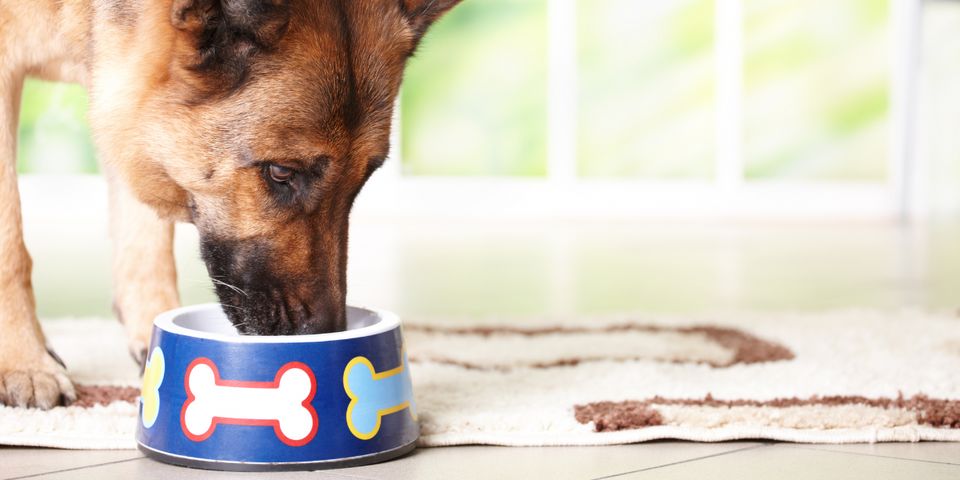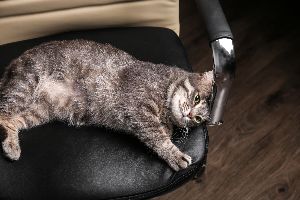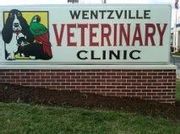
Obesity is a common pet issue seen by veterinarians all across the nation. In fact, more than half of cats and dogs in the U.S. are overweight or obese. Because this condition comes with potentially serious health risks, it’s important for pet owners to do what they can to address and prevent it. Here’s what you should know.
When Is a Pet Considered Obese?
Dogs and cats are considered overweight when they weigh 10% to 20% more than their ideal weight. Veterinarians diagnose obesity when these pets weigh 20% or more of their ideal weight. Of course, ideal weight ranges vary by factors such as breed and sex.
It’s important to know whether your pet is at a healthy weight, since obesity can affect their overall wellness and quality of life. For instance, carrying excess weight puts added strain on pets’ joints, which can lead to issues like osteoarthritis and joint tears. Overweight or obese pets also face a greater risk for chronic health issues such as diabetes, high blood pressure, kidney disease, cancer, and respiratory illnesses.
What Causes Obesity in Pets?

Obesity may not always have a single root cause and can stem from a variety of factors. Inactivity is one possible contributing factor, since getting plenty of exercise can help dogs and cats maintain a healthy weight. Overfeeding is often a cause, and may take the form of feeding table scraps, giving too many treats, or feeding too much kibble or cat food.
In some cases, excessive weight gain could have an underlying cause such as hypothyroidism, which is why it’s important to speak to your veterinarian any time your pet has significant weight changes.
How Is Pet Obesity Prevented?
Fortunately, obesity is almost always preventable. If you have a dog, encourage them to get physical activity with outdoor play such as fetch or walks. Cats can get exercise with indoor games. Try using a laser pointer or cat tree to help them stay active.
In terms of diet, it’s important to get input from your veterinarian about the best food for your pet. When weight loss is necessary, your vet may recommend a different type of food or adjustments to your pet’s portions. In addition to any recommended feeding tweaks, you’ll also want to eliminate or limit treats and avoid table scraps.
For top-notch pet care, turn to Troy & Wentzville Veterinary Clinics in Missouri. These veterinarians' offices have been serving the community for more than 60 years and specialize in keeping local pets healthy with comprehensive services. Find out more about their wellness exams and additional care options online. Or schedule an appointment by calling (636) 528-4534 for the Troy clinic or (636) 327-6488 for the Wentzville location.
About the Business
Have a question? Ask the experts!
Send your question

